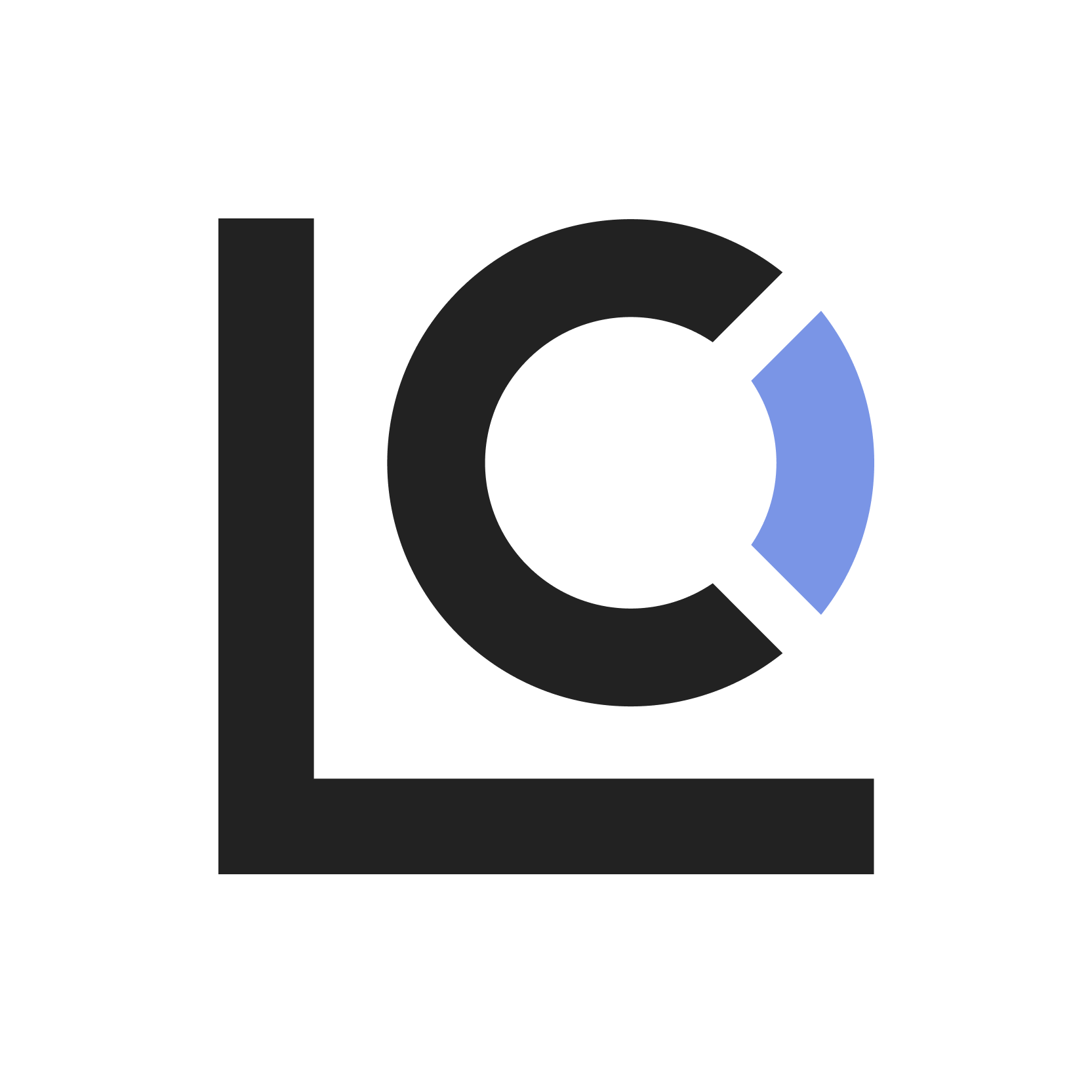Facebook advertising offers two powerful campaign objectives for businesses: lead generation and sales campaigns.
While both can drive business growth, they serve different purposes and require distinct strategies.
In this comprehensive guide, we’ll explore the key differences between these campaign types and help you determine which one best suits your business goals.
Understanding Facebook Lead Generation Campaigns
Lead generation campaigns focus on collecting potential customer information directly within Facebook.
When users click on your ad, they’re presented with a pre-filled form containing their Facebook profile information, making it incredibly easy to submit their details.
These campaigns optimize for users most likely to complete a sign-up form, but not does not guarantee a sale for each lead.
Advantages of Facebook Lead Generation Campaigns
- Lower barrier to entry for potential customers
- Immediate data collection within the Facebook platform
- Higher conversion rates due to simplified form submission
- Seamless mobile experience
- Cost-effective for building your customer database
Best Use Cases of Facebook Lead Generation Campaigns
- B2B businesses seeking to build a contact list
- Service providers offering consultations
- Educational institutions collecting prospective student information
- Real estate agents gathering property inquiries
Landing page leads vs. Facebook lead forms
Alternatively, you can also collect leads through landing pages, as long as you add a listener for your pixel to receive lead capture events.
But this method loses the benefit of a pre-filled signup form, which reduces a lot of friction and may result in higher costs-per-lead.
Note that leads collected through landing pages tend to be higher in quality than those collected from Facebook’s pre-filled forms, so it may be worth testing what works for your business.
Understanding Facebook Sales Campaigns
Sales campaigns are designed to drive immediate purchases through your website or e-commerce platform.
These campaigns optimize for users most likely to complete a purchase.
Advantages of Facebook Sales Campaigns
- Direct revenue generation
- Better tracking of ROI
- More qualified traffic to your website
- Enhanced pixel data for future targeting
- Integration with your existing sales funnel
Best Use Cases of Facebook Sales Campaigns
Sales is the most commonly used campaign objective on Facebook Ads, because most businesses rely on it to acquire customers.
It’s likely the only campaign you’ll run if your goal is to sell something online.
This typically includes:
- E-commerce businesses
- Online retailers
- DTC brands
- SaaS companies selling subscription services
Key Differences in Performance Metrics
Depending on what type of campaign you decide to run, you as a marketer will have to monitor different metrics.
Lead Generation Metrics
Lead generation campaigns are all about finding good quality leads, that are likely to become a customer, at a reasonable cost.
- Cost per Lead (CPL)
This is the amount of money you’ll spend on average to acquire a lead - Lead quality score
This is a numerical value assigned to determine the likelihood of a lead becoming a customer (learn more) - Form completion rate
As the word suggests, this is the rate at which your lead generation forms are completed - Lead-to-opportunity ratio
This measures how effectively your business converts qualified leads into actual sales opportunities (learn more) - Lead response time
This is the time it takes for a sales representative to respond to a lead’s initial contact
Sales Campaign Metrics
Sales campaigns are all about earning more revenue, while spending less to acquire each sale.
- Return on Ad Spend (ROAS)
- Cost per Purchase
- Average Order Value
- Conversion rate
- Customer Lifetime Value
Making the Right Choice for Your Business
Consider these factors when choosing between lead generation and sales campaigns:
Sales Cycle Length
- Longer sales cycles benefit from lead generation
- Immediate purchases align better with sales campaigns
Product/Service Complexity
- Complex offerings usually require lead nurturing
- Simple products can convert directly through sales campaigns
Price Point
- Higher-priced items typically need lead generation
- Lower-priced products can succeed with direct sales
Target Audience
- B2B often requires relationship building through leads
- B2C can often convert directly through sales
Best Practices for Lead Generation Campaigns on Facebook Ads
- Keep forms short and relevant
- Offer valuable lead magnets
- Set up immediate follow-up sequences
- Test different form fields
- Implement lead scoring
Best Practices for Sales Campaigns on Facebook Ads
- Create compelling product showcases
- Use strong calls-to-action
- Optimize landing pages for conversion
- Implement retargeting strategies
- Test different ad formats
Conclusion
Both Facebook lead generation and sales campaigns have their place in a comprehensive digital marketing strategy.
Lead generation campaigns excel at building relationships and nurturing prospects through longer sales cycles, while sales campaigns drive immediate revenue for more straightforward purchases.
The best choice depends on your business model, product complexity, and target audience.
Many successful businesses use both campaign types at different stages of their marketing funnel, creating a holistic approach to customer acquisition and revenue generation.
Remember to continually test and optimize your chosen campaign type, measuring relevant metrics and adjusting your strategy based on performance data.
With proper implementation and monitoring, either campaign type can deliver significant results for your business growth objectives.
Further reading:
How to Structure Ad Campaigns on Meta
Facebook Lead Generation in 2025
